A Corner of the World
Guadalupe Trigos
Title: A Corner of the World
Author: Mylene Fernández-Pintado
Publisher House: City Lights
Although Mylene Fernández-Pintado’s A Corner of the World has often been called a story about love, it fails to show the “intense and impossible love” it advertises on its back cover. In its stead, the reader encounters a short novel that takes its reader on a memorable and insightful journey to modern-day Cuba. This journey is told through the seemingly wandering experiences, opinions, and descriptions of its protagonist, Marian, a thirty-seven-year-old Spanish Literature professor in Havana. Senel Paz, novelist and screenwriter, asserts that the city is a “co-protagonist,” and, as Marian guides us through its streets and its people, the romance between her and Daniel Arco, a charming twenty-two-year-old writer consumed by dreams of success outside the Island, inevitably fades into the background.
As some critics have already noted, the novel does not fully substantiate the intensity and veracity of Marian and Daniel’s romance. The reader can reasonably doubt Marian loves Daniel as much as she sustains she does, question if Daniel’s feelings for her are genuine, and ultimately be unconvinced of both. Left unexplained and unexplored, their whirlwind and brief relationship becomes an incomplete picture that cannot account for Marian’s sudden declarations of undying love, let alone validate anything Daniel says or does. Daniel even admits he often lies to Marian, comparing himself to Scheherazade from The Arabian Nights. Marian calls him a “streetwise liar, trickster, survivor,” who turns “every night into a starry sky and the bed a magic carpet” (107). The reader, then, is left to wonder what Daniel’s true intentions are and whether he tells her tales solely to survive, or to entertain and enamor her as well.
Even deemed a failed romance, the appeal of Marian and Daniel’s relationship lies in their engaging and honest discussions of their pasts and their different, often conflicting, views on life in and outside of Cuba. Daniel insists on leaving to Madrid, where he intends to realize his dreams of becoming a noteworthy writer, while Marian wishes to remain on the Island, where she argues he can do the same. He “is going to write…going to win” (91), remaining on the Island means being “disgustingly sterile” (92); she refuses to emigrate to become an “undocumented dishwasher in a foreign city” (89), staying means belonging to the group of people who “work and complain and protest because they think everything should be better” (90).
Thus, for Marian, emigration is a matter of choice, not necessity. Lorena, Marian’s best friend, also refuses to leave the Island, and rejects an offer to show her art in Mexico. She wants to be “[left] here in [her] corner,” and considers traveling a life-sentence of “always thinking about the next trip” (119). Contrastingly, Daniel calls the sea that encloses the Island the mare nostrum, invoking the ancient Romans who considered the Mediterranean what united, not separated, their empire and its people. For him, the sea that surrounds Cuba connects it with Europe, the United States, and Latin America, instead of isolating it. However, as the novel progresses and reaches its conclusion, Marian and Daniel’s crossroads is revealed to be a discussion about the supposed freedom Exile promises but that, in the end, proves to be illusory. Some leave the Island to marry enigmatic Scandinavians or to realize dreams of promising careers abroad; others return to take jobs they may boast about to friends and family or with nothing but a new accent. Perhaps, the myth of the redemption Exile seems to grant is best expressed when Adrián, Daniel’s best friend, tells Marian he considers himself a prisoner of the life he chose for himself in Cuba.
In A Corner of the World, Marian chronicles the complexities of life on the Island with a fluid, clear voice that is at times witty, cynical, and conformed, but always attempts to remain objective and honest. The narrator is a woman who, by her own estimation, has lived an ordinary, uneventful, perhaps even unsatisfied life. “I don’t write stories, novels or poetry,” she tells us; “I don’t publish books, win prizes, or get interviewed anywhere. Nobody recognizes me on the street. Nobody snipes at me” (12). She further believes she has “no excuse for not being a magnificent writer,” since, echoing Virginia Woolf, she has “a room of [her] own and all the time in the world” (13). She feels particularly lonely now that her mother has died, left with no one to need her or for whom to invent lies of writing a book. Yet, it is in this newfound vulnerability that her boss asks her to do what she has always refused to do—write. Like Daniel and Scheherazade, she tells a story, the story of her city. Hers, as well as every other character’s in the novel, is a story about isolation versus connection, about illusion versus reality, and about expectation versus resignation.
Posted: December 9, 2014 at 2:33 pm


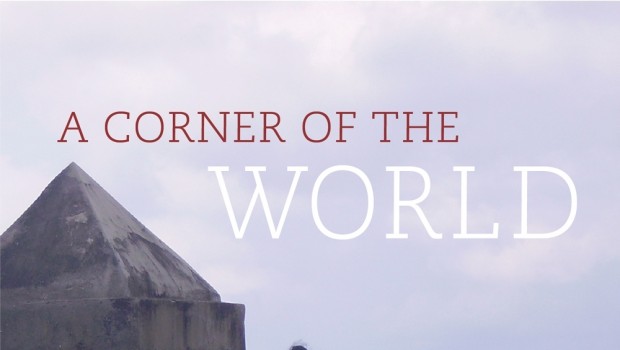


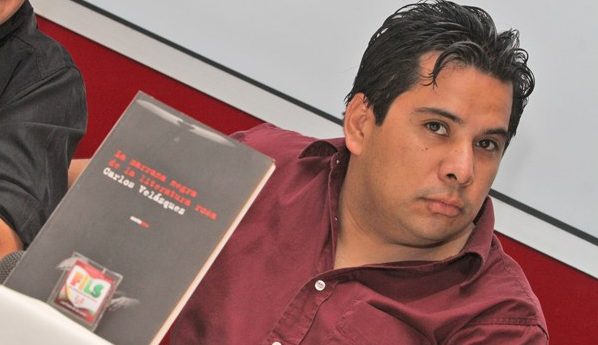

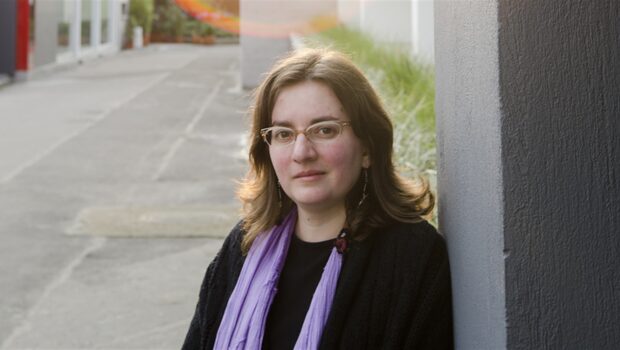
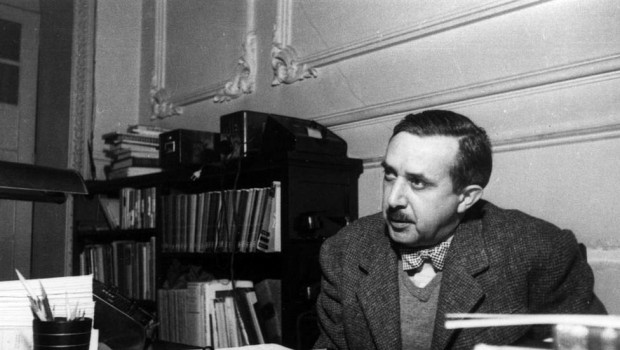


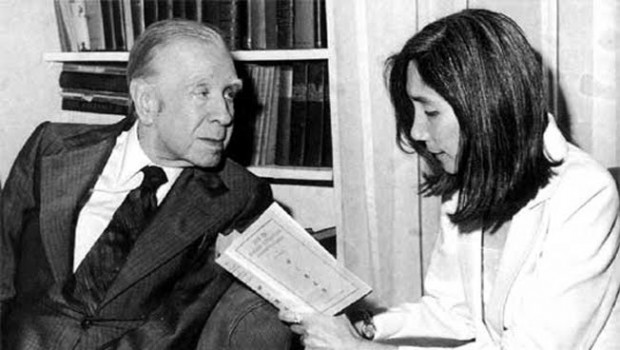
Normally, I’am not one for romance novels. Personally, I find most of them to be an authors Lucid dream. Very far from reality that only few, if any would ever experience that type of romance that those type of novels like to portray. I can’t relate to it. Adding to the fact that the media is oversaturated with romance novels, movies, etc…, I’am just burnt out of them. So this short story would of been a book that I would of passed up upon reading the back cover without a second glance. After reading this review, it peeked my interest immensely. Because it’s relatable. It’s more than just the protagonist. It’s about the world the protagonist are in that gives them their viewpoint in life that separates them even more. A story within a story. It seems to me that this novel has a story to tell and tells it very well from what I gather from this review. That it’s more than just a romance novel. Its a story about life and where you fit in this world. Very relatable. Something everyone has struggle with at one point in time or another that this review pointed out without flat out telling you. This novel has my interest.